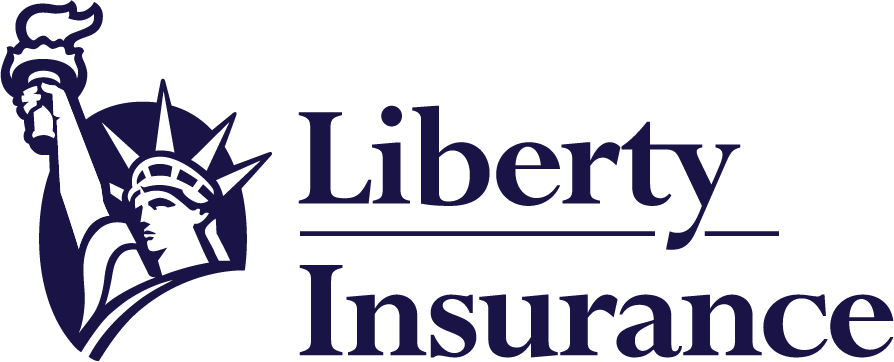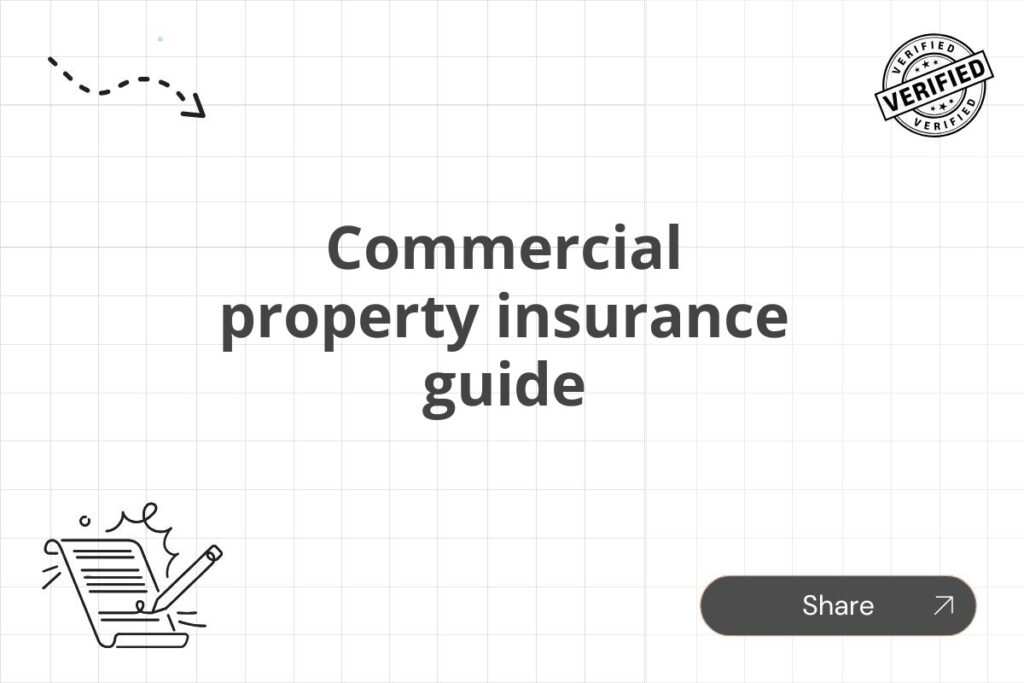Meta Description: Secure your commercial property with this comprehensive guide. Learn about types of coverage, essential considerations, and how to find the best commercial property insurance policy for your business needs. Get informed and protected today!
Protecting your business is paramount, and a crucial aspect of that protection involves securing adequate commercial property insurance. This comprehensive guide will walk you through everything you need to know about commercial property insurance, from understanding the different types of coverage to choosing the right policy for your specific needs. Whether you own a small retail shop or a large industrial complex, understanding this insurance is vital for your financial well-being.
Many business owners underestimate the risks involved in owning and operating a commercial property. A single unforeseen event – a fire, a storm, vandalism, or even a liability claim – can lead to devastating financial consequences. Commercial property insurance is designed to mitigate these risks, providing a financial safety net in times of crisis.
Understanding Commercial Property Insurance
Commercial property insurance is a type of insurance policy designed to protect business owners against financial losses associated with damage to their commercial property or losses from business interruption. Unlike homeowner’s insurance, it specifically addresses the unique risks and liabilities associated with commercial buildings and their contents.
What Does Commercial Property Insurance Cover?
A typical commercial property insurance policy covers a range of potential losses, including:
- Damage to the building: This covers damage caused by fire, windstorms, hail, lightning, vandalism, and other covered perils. Specific perils covered will vary depending on the policy and endorsements.
- Damage to personal property: This covers the loss or damage to furniture, equipment, inventory, and other items owned by the business and located within the insured building.
- Business interruption: This covers the loss of income resulting from the inability to operate your business due to a covered event. It can help cover expenses like rent, salaries, and utilities during the period of interruption.
- Liability coverage: This protects your business against legal liability for injuries or property damage that occur on your property. This is crucial for protecting against potential lawsuits.
Types of Commercial Property Insurance Policies
Several types of policies cater to different business needs. These often include:
- Building and Contents Coverage: This is the most common type of policy, providing coverage for both the structure of the building and the personal property within it.
- Business Owners Policy (BOP): This combines property insurance with general liability insurance into a single, convenient package, often offering cost savings.
- Tenant’s Insurance: For businesses that lease their property, this covers the business’s personal property and liability but not the building itself.
- Specialty Policies: Depending on the specific needs of your business (e.g., high-value equipment, specialized manufacturing processes), additional, specialized coverage may be required.
Factors to Consider When Choosing Commercial Property Insurance
Choosing the right commercial property insurance policy involves careful consideration of several factors:
1. The Value of Your Property
Accurately assessing the value of your building and its contents is crucial to ensure adequate coverage. Underinsurance can lead to significant financial losses in the event of a claim.
2. Your Business’s Specific Risks
Consider the specific risks your business faces, such as the likelihood of fire, floods, theft, or liability claims. This will influence the type and level of coverage you need.
3. Your Budget
Insurance premiums can vary significantly depending on the level of coverage, the value of your property, and your location. Find a balance between adequate coverage and affordability.
4. Your Insurance Provider
Research different insurance providers and compare their offerings, premiums, and customer service ratings. Look for companies with a solid reputation and a history of fair claims handling.
5. Policy Exclusions and Limitations
Carefully review your policy to understand what is and isn’t covered. Many policies exclude certain types of damage or losses, such as those caused by flood or earthquake. You may need to purchase additional endorsements to cover these risks.
How to Find the Right Commercial Property Insurance
Finding the right commercial property insurance involves a multi-step process:
- Assess your needs: Determine the value of your property, identify potential risks, and decide on your budget.
- Get quotes: Obtain quotes from several different insurance providers. Use online comparison tools or contact brokers for assistance.
- Compare policies: Carefully compare the coverage offered, premiums, and policy terms and conditions.
- Review exclusions and limitations: Pay close attention to any exclusions or limitations in the policy wording.
- Choose the best policy: Select the policy that offers the best balance of coverage, cost, and customer service.
Maintaining Your Commercial Property Insurance
Once you have a policy, it’s important to maintain it properly:
- Regularly review your policy: Review your policy annually to ensure it still meets your needs and that the coverage amounts are adequate.
- Report claims promptly: Report any claims to your insurer as soon as possible after an incident occurs.
- Maintain accurate records: Keep detailed records of your property, its value, and any improvements you make.
- Consider additional coverage: As your business grows or changes, you may need to add or adjust your coverage.
Securing adequate commercial property insurance is a critical step in protecting your business investment. By understanding the different types of coverage, considering the relevant factors, and choosing the right policy, you can safeguard your business against unforeseen financial losses. This guide serves as a starting point; always consult with an insurance professional to ensure you have the appropriate coverage for your specific business needs.






















